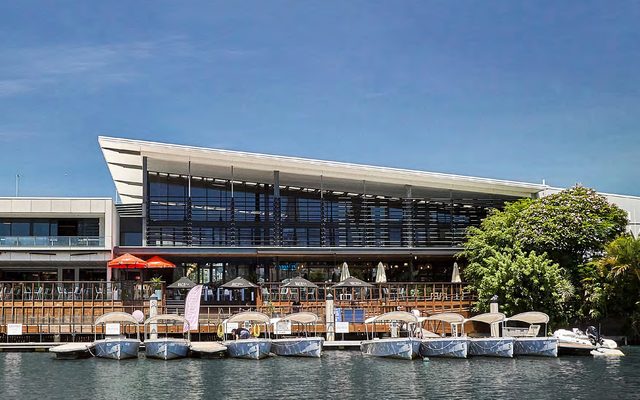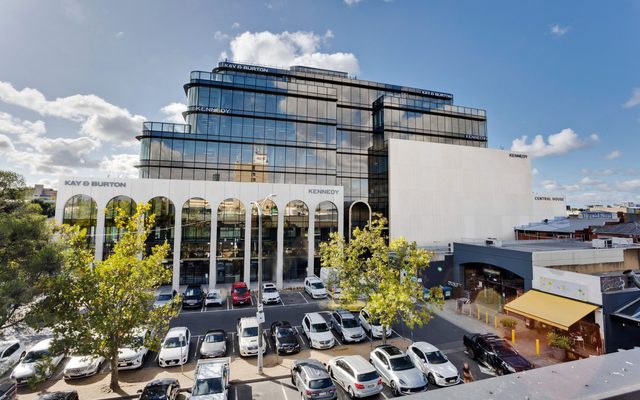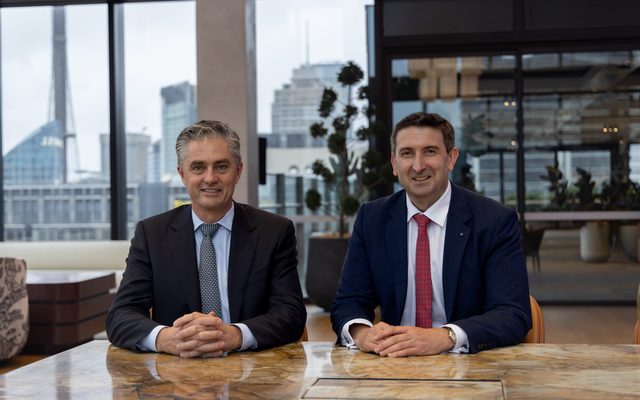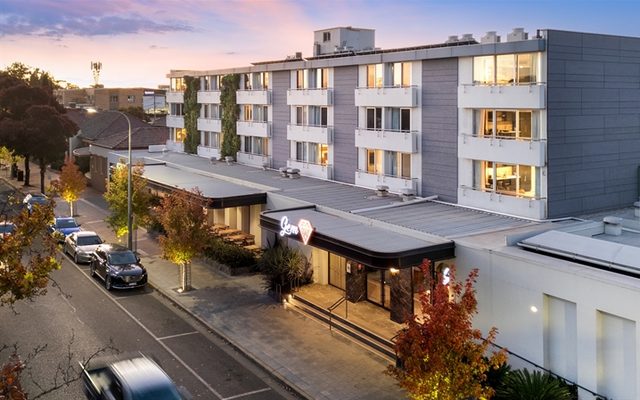This article is from the Australian Property Journal archive
AUSTRALIA'S top 10 hotel property owners did not compete for any assets in 2008, according Jones Lang LaSalle Hotels' annual survey.
JLL Hotels’ Top Owner Survey is the largest of its kind, analysing approximately 180 major hotels (100% ownership) and over 36,000 rooms.
The survey results revealed that despite hotel sales totalling only $AU764million and some key assets change hands including Royal Pines Resort Gold Coast, Westin Melbourne, Holiday Inn Townsville, Novotel Rockford Darling Harbour, Crowne Plaza Newcastle, Gold Coast International Hotel and the Courtyard Marriott Surfers Paradise – there was little activity from Australia’s top ten hotel owners in the market.
As a result, there was little change in their portfolio holdings in 2008, accounting for a combined 12.9% of Australia’s total room supply, compared to 12.4% in 2007.
JLL Hotels’ Asia Pacific chief executive David Gibson said the prevailing economic sentiment meant that many traditional investors, including those in the top ten, did not compete for assets in 2008 which has allowed a number of new players to establish themselves.
“Consequently the top ten owners list remained relatively unchanged with the exception of Amalgamated Holdings Limited, whose acquisition of the Gold Coast International Hotel saw them jump from eleventh to ninth on the list.
“We saw a number of private companies and developers, along with one superannuation fund exit the sector in 2008,” he added.
Gibson said in terms of total room count the top ten owners are quite close and of these, three are actively divesting assets at present.

The GPT owned Four Points Darling Harbour and Voyages Hotels & Resorts Portfolio is currently on the market, while last week, Eureka Funds Management listed their Holiday Inn Hotels in Perth and Melbourne for sale.
Gibson said the competitive landscape has now softened and many domestic investors are paring back their investment strategies, while others are getting ready to pick up great deals.
“The combination of a reduced domestic capital base, lower interest rates, more favourable exchange rates and an increasing number of acquisition opportunities is creating a very attractive and unique environment for astute investors, particularly liquid overseas investors.
“And with several new investors currently in the market, the top 10 list could look quite different at the end of 2009,” he added.
So far offshore investor, Thailand based TCC Land has snapped up two Grand Hotel Group assets from Tuan Sing Holdings for a combined total of $155 million. Earlier this month, TCC land paid $75 million for the Hyatt Regency Adelaide and in December last year it paid $80 million for the Hyatt Hotel Canberra.
TAHL continues to dominate the ownership of Australia’s tourism accommodation market, owning 6,556 rooms across 43 hotels. Their position was strengthened in 2008 as a result of the opening of the Pullman and Formule 1 Hotels at Sydney Olympic Park and the Ibis King Street Wharf. However, development activity has slowed rapidly.
Domestic investors continue to own the majority of hotels in Australia, however Thakral Holdings Limited and Stamford Land Corporation, the largest internationally based owners of Australian hotels, may soon be joined on the top ten list by other offshore investors. Recent hotel purchases were made by Thailand-based TCC Land (Novotel Rockford Darling Harbour, Hyatt Hotel Canberra and Hyatt Regency Adelaide) and Malaysia-based TA Enterprises Berhad (Westin Melbourne).
Gibson said over the last 10 years, Asian investors in particular have proved to be very countercyclical purchasers and market conditions are primed for this trend to continue at least in the short term.
“There are around 4,000 accommodation rooms for sale or 2% of the total accommodation supply and a considerably higher proportion of investment grade stock. However the relatively benign supply outlook in most markets appears to be offsetting any concerns of a decline in trading with several new and existing investors actively looking in the market place,” he concluded.
Australian Property Journal



